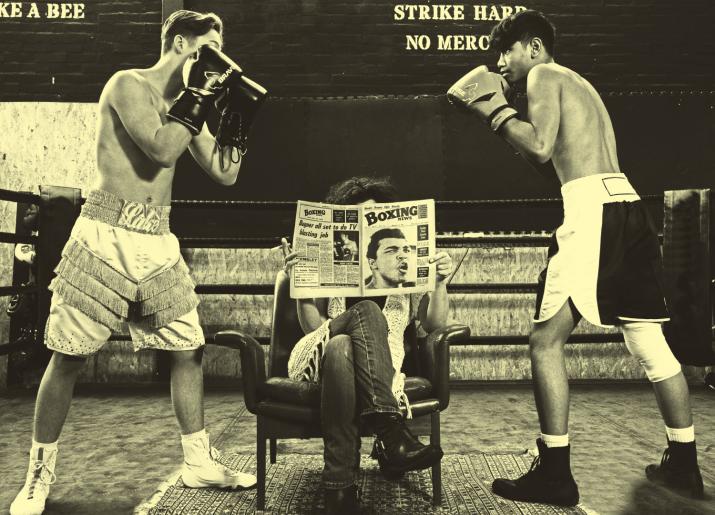Firstly apologies for this article being late. I do appreciate being invited to season launches and aim to give coverage as swiftly as possible, but the unfortunate news about the Vault Festival took precedence. But now there is time to catch up.
Just a reminder before we start that this is not a comprehensive guide to everything covered at the launch – I leave that up to other media outlets. My interest is more with what grabs my attention. Much of this comes down to whims; something the doesn’t get my attention can turn out to be a gem – and very occasionally, something I was convinced was a surefire hit is a let-down. My final of what’s worth watching is always after this has come and gone.
That caveat established, let’s go. There are aspects of all three main plays that grab my attention, then I’ll move on to some other highlights. One unusual observation: after a crowded autumn/winter 2023, there’s a big gap in main stage productions until May 2024, with the three main plays scheduled between then and March 2025. I’m a bit surprised they’ve picked May over March, because the conventional wisdom’s always been that the colder months (except January) tend to sell better than warmer months. Not reading anything into that: just a curiosity.
Now, out of the three main plays, my hot bet is Champion by Ishy Din. He is one of the writers I have the most respect for, and in my opinion, his previous Live play Approaching Empty was very under-rated. Although he predominantly writes characters of Asian descent, the themes are almost always universal and could just as easily be anybody’s story. I was particularly impressed with the characterisation. In a story where everybody uses and betrays those closest to them, you always – with the exception of one character who’s a hardened criminal – understand why each of them felt they were doing the right thing. I also credit him with giving some of the best advice to aspiring writers: in particular, he has spoken a lot of sense about the “big breakthrough” myth which far too much of the new writing ecosystem still subscribes do. Anyway, the subject of the new play? The visit of Mohammed Ali in 1977 to South Shields, although there’s hints that the real subject of the play is a mixed-race family living in South Shields at the time.
Continue reading






